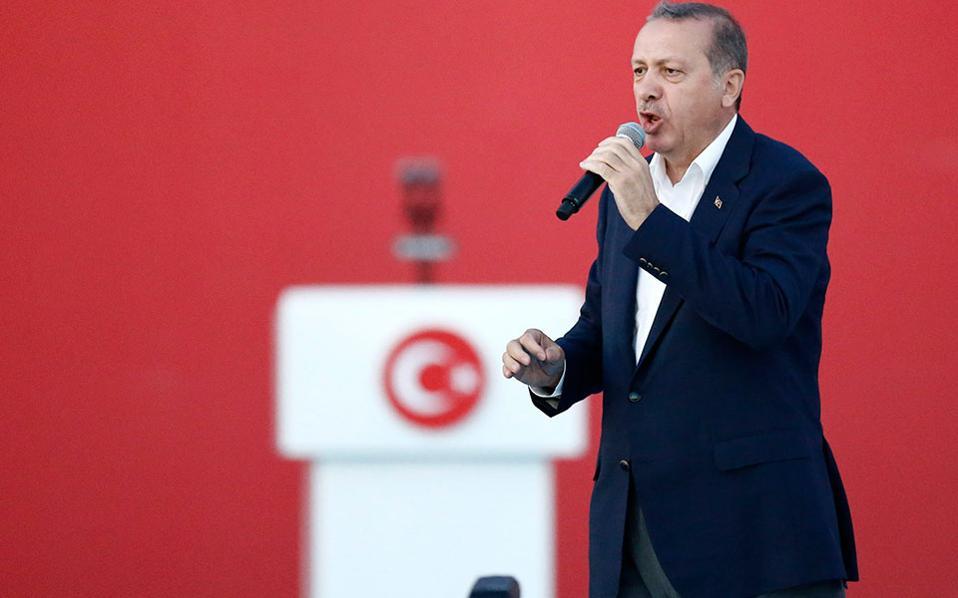The limits of Turkey’s influence?

Turkish politicians and journalists like to comment that the Greeks overreact to whatever Turkey does with regard to Greece and Cyprus, and that their country has far more important things to deal with. This may be so, and it may explain why Ankara may consider the agreement with the government in Tripoli as just another move in the game aimed at increasing Turkey’s influence and strengthening its bargaining position. For the Greeks, though, this was a step too far: It infringed on their sovereignty, it united them and it motivated them to intensify their diplomatic efforts to defend their country.
Turkey’s motives have been clear for years. It wants to project power, to stress that, without its participation, nothing can be done in the region. This is a response to the agreements that Greece and Cyprus have reached with Israel, Egypt and the United States. Recep Tayyip Erdogan chose to act at a moment of confusion in Washington’s policy toward Turkey, when Turkey’s position looked strong after the invasion of northern Syria and Erdogan’s threat to flood Europe with refugees. Also, the European Commission was new and uncertain regarding its policy toward Turkey. At the same time, Erdogan was threatening to block NATO’s plans to defend the Baltic states and Poland against Russia unless the Alliance declared Syrian Kurd fighters “terrorists.” Furthermore, the Libyan government in Tripoli was completely dependent on Turkey, as most of the country – and the Parliament – was under a rival group’s control, with the backing of Russia, Egypt and other countries.
Erdogan may have wanted to surprise Greece and to create a fait accompli, to obstruct plans for the EastMed pipeline to Crete, to frighten investors away from the waters south of Crete and to bolster his image domestically (especially in the light of rumors of early elections). The results, though, may be different – they may show the limits of Turkish influence. Already, at the NATO summit in London, Erdogan failed in all his objectives. On Thursday, most significantly, the US Senate recognized the genocide of the Armenians, something which will have repercussions long after current events are forgotten – and despite Erdogan’s belief that his friend Donald Trump would prevent this. US sanctions are set to follow, for the purchase of the S-400 missile system and the invasion of Syria. Also, the deal with Tripoli was roundly condemned by the United States and the EU, as well as by individual countries.
It would appear that even though it is up to the Greeks to find a diplomatic solution to our problems with Turkey, we are not as alone as we – or the Turks – might think.





